Welcome to the world of Plant Based Diet for Beginners! A plant-based diet focuses on consuming foods that are derived from plants, such as fruits, vegetables, whole grains, legumes, nuts, and seeds. This dietary approach eliminates or significantly reduces the consumption of animal products, including meat, poultry, dairy, and eggs.
Plant-based diets have gained popularity due to their numerous health benefits, positive impact on the environment, and ethical considerations. By incorporating more plant-based foods into your meals, you can improve your overall health, increase your intake of essential nutrients, and reduce your risk of chronic diseases. So let’s dive in and explore the wonders of a plant-based diet together!
Overview of Plant-Based Diet Benefits
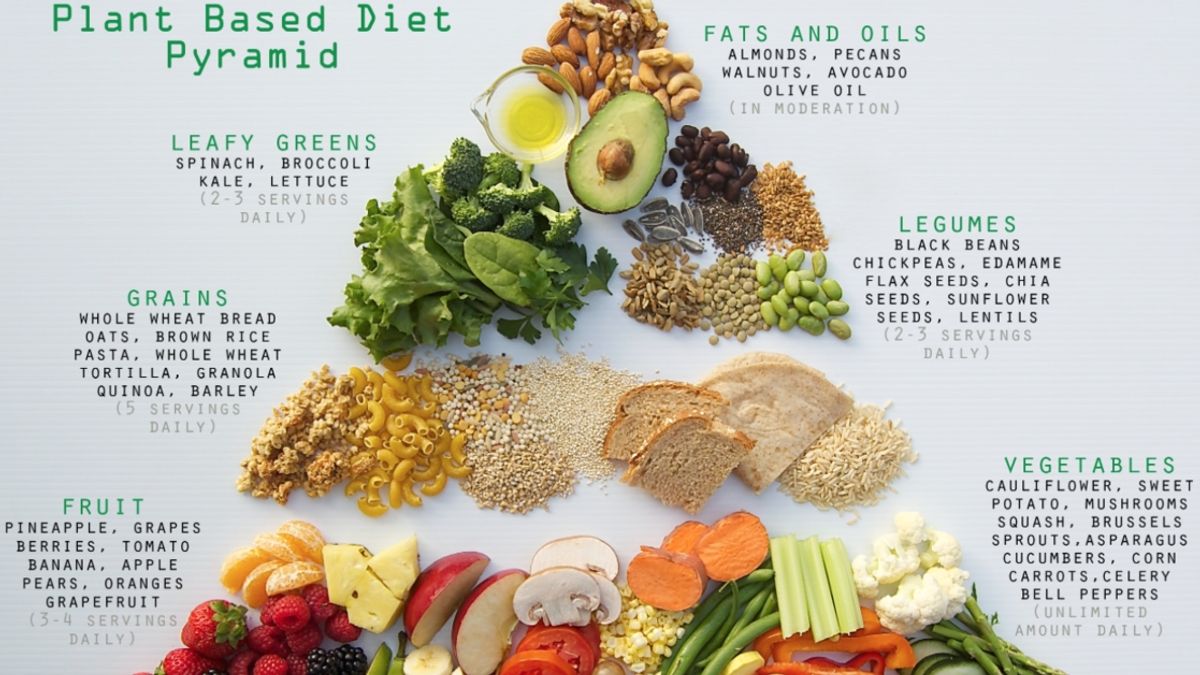
A plant-based diet offers a multitude of benefits for beginners like you. By adopting this dietary approach, you can improve your heart health, lower your risk of chronic diseases, and maintain a healthy weight. Plant-based diets are typically rich in fiber, vitamins, and minerals, which can boost your immune system and enhance your overall wellbeing. Additionally, plant-based eating promotes environmental sustainability and reduces the demand for animal products, making it a more ethical choice. By embracing a plant-based lifestyle, you are taking a significant step towards a healthier, more compassionate way of living.
Getting Started with a Plant-Based Diet
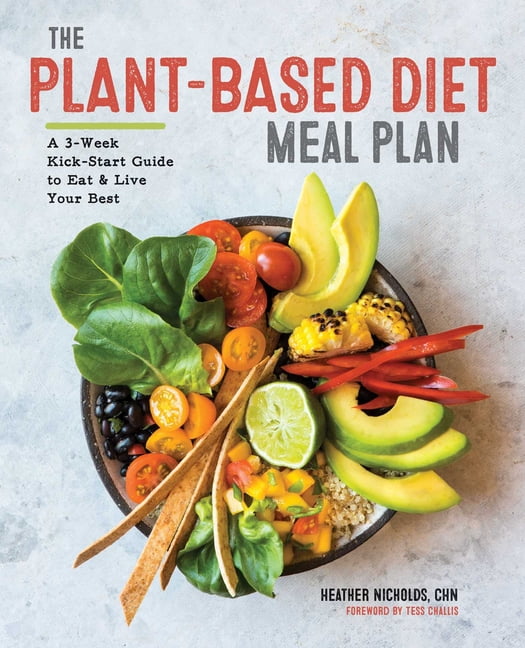
Starting a plant-based diet can be a transformative journey towards better health and wellness. Here are some tips to help you get started:
- Educate Yourself: Learn about the key principles of a plant-based diet and understand the benefits it offers.
- Gradual Transition: Start by incorporating more plant-based foods into your meals and gradually reduce your intake of animal products.
- Stock Up on Plant-Based Foods: Fill your pantry and fridge with a variety of fruits, vegetables, whole grains, legumes, nuts, and seeds.
- Experiment with Recipes: Explore new plant-based recipes and try incorporating different flavors and cooking techniques into your meals.
- Meal Planning: Plan your meals in advance to ensure you have a variety of nutrient-dense plant-based options throughout the week.
- Seek Support: Join online communities or connect with friends who follow a plant-based lifestyle for guidance and inspiration.
Remember, transitioning to a plant-based diet is a personal journey, and it’s important to listen to your body and make adjustments as needed. With time and practice, you’ll discover a world of delicious and nourishing plant-based foods that will improve your overall well-being.
Health Benefits of a Plant-Based Diet
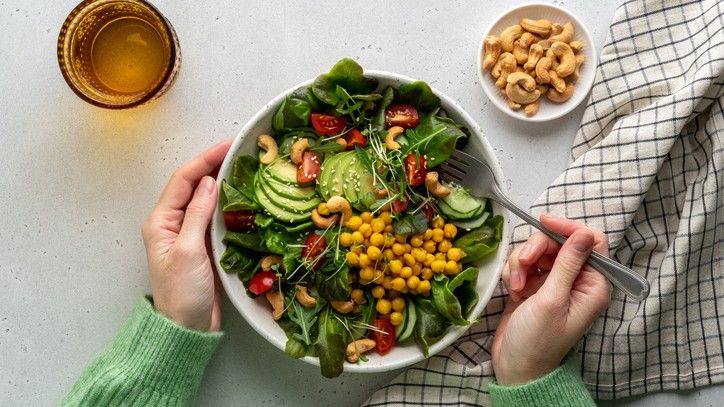
A plant-based diet offers numerous health benefits that can improve your overall well-being. By focusing on fruits, vegetables, whole grains, legumes, nuts, and seeds, you provide your body with essential nutrients, vitamins, and minerals. This type of diet is rich in fiber, which aids in digestion and helps maintain a healthy weight. Plant-based diets are also associated with lower risks of heart disease, high blood pressure, obesity, and certain types of cancer. Additionally, this diet can positively impact your mental health by reducing the risk of depression and anxiety. Embracing a plant-based lifestyle can lead to a healthier and happier you.
Physical Health Benefits

A plant-based diet offers tremendous physical health benefits. By focusing on whole foods such as fruits, vegetables, whole grains, legumes, nuts, and seeds, you are nourishing your body with essential nutrients, vitamins, and minerals. This type of diet is high in fiber, which helps regulate digestion and maintain a healthy weight. It can also lower the risk of heart disease, high blood pressure, obesity, and certain types of cancer. By embracing a plant-based lifestyle, you are taking proactive steps towards improving your physical health and overall well-being.
Mental Health Benefits

Following a plant-based diet can have numerous mental health benefits. By nourishing your body with nutrient-rich fruits, vegetables, and whole grains, you are providing essential vitamins and minerals that support brain health. The high fiber content of a plant-based diet can promote a healthy gut, which has been linked to improved mental well-being. Additionally, plant-based foods are rich in antioxidants, which help reduce inflammation in the body and protect the brain from oxidative stress. This can contribute to better mood and mental clarity. Embracing a plant-based diet can improve your overall mental health and well-being.
Nutrients to Focus on in a Plant-Based Diet

When following a plant-based diet, it’s important to ensure you’re getting all the essential nutrients your body needs. Here are some key nutrients to focus on:
- Protein: Include plant-based sources of protein such as legumes, tofu, tempeh, quinoa, and nuts to meet your protein needs.
- Iron: Consume iron-rich foods like dark leafy greens, lentils, fortified cereals, and dried fruits. Pair them with vitamin C-rich foods to enhance iron absorption.
- Calcium: Obtain calcium from sources like fortified plant-based milks, tofu, almonds, and leafy greens like kale and broccoli.
- Omega-3 fatty acids: Include flaxseeds, chia seeds, walnuts, and hemp seeds in your diet to ensure an adequate intake of omega-3 fatty acids.
By focusing on these nutrients, you can maintain a well-balanced and nourishing plant-based diet.
Essential Nutrients in a Plant-Based Diet

When following a plant-based diet, it’s important to ensure you’re getting all the essential nutrients your body needs. Some key nutrients to focus on include protein, iron, calcium, and omega-3 fatty acids. Incorporate plant-based sources of protein such as legumes, tofu, tempeh, quinoa, and nuts into your meals. Consume iron-rich foods like dark leafy greens, lentils, fortified cereals, and dried fruits. Obtain calcium from sources like fortified plant-based milks, tofu, almonds, and leafy greens like kale and broccoli. Finally, include flaxseeds, chia seeds, walnuts, and hemp seeds in your diet for an adequate intake of omega-3 fatty acids. By focusing on these nutrients, your plant-based diet will be well-balanced and nourishing.
Sources of Protein in a Plant-Based Diet
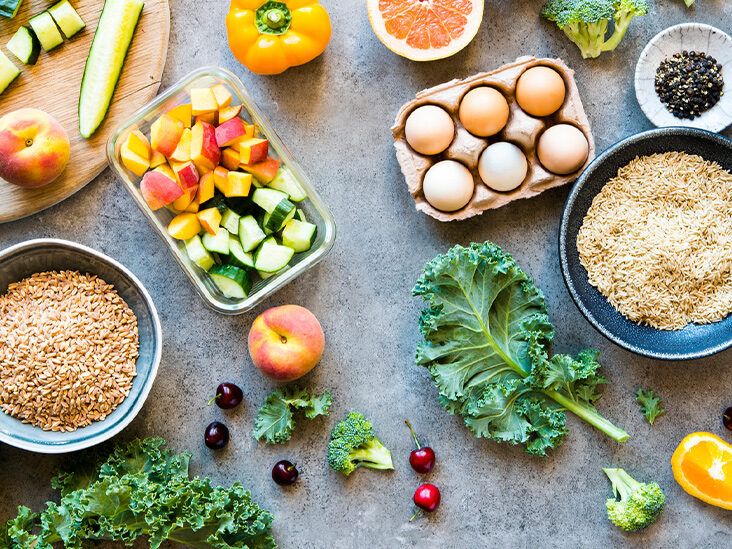
To ensure you are consuming enough protein on a plant-based diet, include a variety of protein-rich foods in your meals. Legumes, such as lentils, chickpeas, and black beans, are excellent sources of protein. Tofu and tempeh are also great options that contain a substantial amount of protein. Quinoa and other whole grains contribute to your protein intake as well. Nuts, such as almonds and walnuts, and seeds, like chia and hemp seeds, are rich in protein. By incorporating these plant-based protein sources into your diet, you can meet your daily protein needs.
Meal Planning for a Plant-Based Diet
:max_bytes(150000):strip_icc()/EW-Plant-Based-MP1-1244-cb4b099b33ef44cb9dc4f47b7e3489b2.jpg)
Meal planning is an essential component of a successful plant-based diet. By planning your meals in advance, you can ensure that you have a well-balanced and nutritious diet. Start by creating a weekly meal plan that includes a variety of fruits, vegetables, whole grains, legumes, and plant-based proteins. Incorporate different flavors, textures, and colors to keep your meals exciting and appealing. Consider batch cooking and prepping ingredients, like soaking beans or chopping vegetables, to save time during the week. Additionally, make a shopping list and stick to it to avoid impulse purchases and ensure you have all the necessary ingredients. With a well-thought-out meal plan, you can enjoy tasty and nourishing plant-based meals every day.
Tips for Meal Prepping
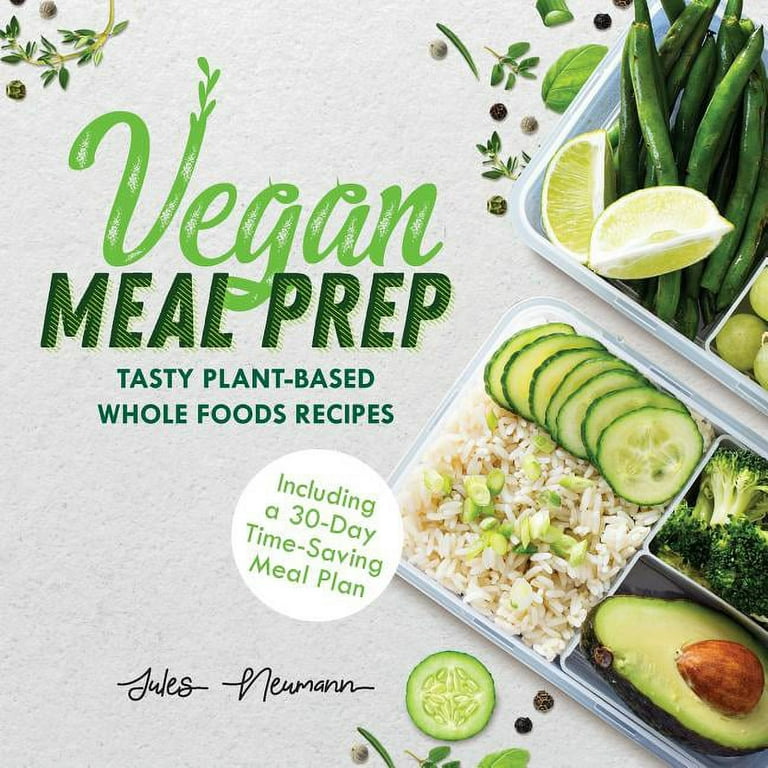
When it comes to meal prepping for a plant-based diet, here are some tips to help you stay organized and efficient:
- Plan your meals: Decide on your meals for the week and create a detailed shopping list. This will help you stay focused while grocery shopping and ensure you have all the necessary ingredients.
- Cook in batches: Prepare large quantities of grains, legumes, and roasted vegetables that can be used as the base for multiple meals throughout the week. This will save you time and make it easier to assemble meals later on.
- Use storage containers: Invest in good quality storage containers to portion out your meals. Make sure to label them with the meal and date to stay organized.
- Prep ingredients in advance: Wash, peel, and chop your fruits and vegetables in advance to save time during the week. You can also pre-soak beans and grains overnight to reduce cooking time.
- Freeze meals: If you are prepping meals for later in the week, consider freezing them in individual portions. This way, you can simply thaw and reheat when you’re ready to eat.
- Keep it simple: Don’t try to prep elaborate meals that require a lot of time and effort. Stick to simple, quick recipes that can easily be assembled and reheated.
By following these meal prepping tips, you’ll have a fridge full of delicious and nutritious plant-based meals ready to go throughout the week.
Plant-Based Recipes for Beginners

If you’re new to a plant-based diet, it can be helpful to have some simple and delicious recipes to get you started. Here are a few ideas to inspire your plant-based cooking journey:
- Breakfast: Try a hearty bowl of overnight oats topped with fresh fruits, nuts, and a drizzle of maple syrup.
- Lunch: Whip up a colorful salad with mixed greens, roasted vegetables, chickpeas, and a tangy vinaigrette.
- Dinner: Make a flavorful vegetable stir-fry using your favorite veggies, tofu or tempeh, and a savory sauce.
- Snacks: Enjoy crunchy carrot sticks with hummus or a refreshing fruit smoothie made with almond milk.
- Dessert: Indulge in a sweet treat like a dairy-free chocolate avocado mousse or a juicy fruit salad.
Remember to experiment with different flavors and ingredients to find what you enjoy most. Happy cooking!
Common Misconceptions about Plant-Based Diets

Many people have misconceptions about plant-based diets that can deter them from trying it. One common misconception is that plant-based diets lack protein. In reality, there are plenty of plant-based protein sources such as beans, lentils, tofu, and tempeh. Another misconception is that plant-based diets are expensive. While some specialty plant-based products can be pricey, a plant-based diet can actually be more affordable if you focus on whole foods like fruits, vegetables, and grains. Lastly, some people believe that plant-based diets are boring. However, there are countless delicious and flavorful plant-based recipes available that can prove this misconception wrong.
Debunking Myths about Plant-Based Diets
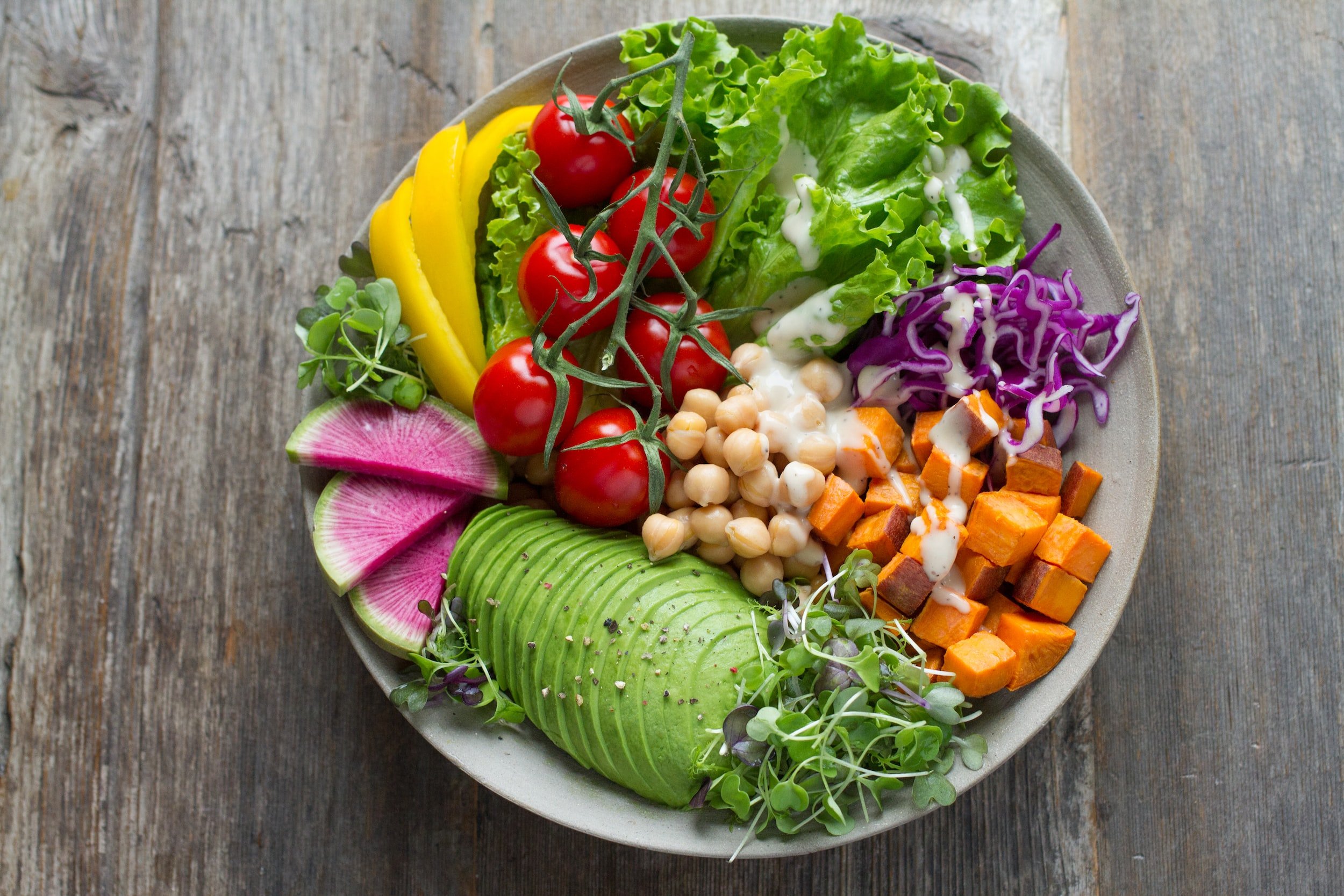
Plant-based diets often face misconceptions that can discourage people from trying them. However, it’s important to debunk these myths and understand the truth. One common myth is that plant-based diets lack protein. In reality, there are plenty of plant-based protein sources like legumes, tofu, and tempeh. Another myth is that plant-based diets are boring and tasteless. This couldn’t be further from the truth. There are countless delicious and flavorful plant-based recipes available. Lastly, some people believe that plant-based diets are expensive. But by focusing on whole foods like fruits, vegetables, and grains, a plant-based diet can actually be more affordable. So don’t let these myths hold you back from trying a plant-based diet!
Addressing Concerns about Nutritional Deficiencies
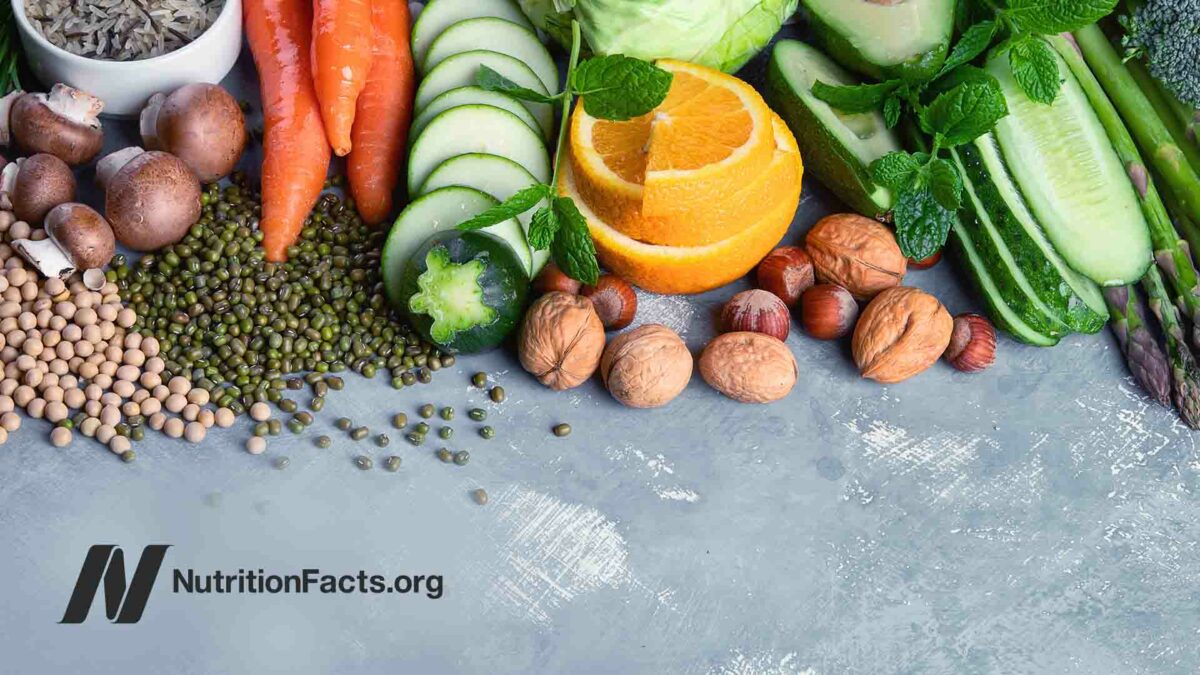
When transitioning to a plant-based diet, it’s natural to have concerns about meeting your nutritional needs. However, with proper planning, it is entirely possible to obtain all the essential nutrients on a plant-based diet. To ensure you’re getting enough protein, include a variety of plant-based protein sources such as legumes, tofu, tempeh, and quinoa. To fulfill your calcium requirements, incorporate foods like leafy greens, fortified plant-based milk, and calcium-set tofu. Additionally, consider taking supplements for nutrients like vitamin B12, omega-3 fatty acids, and iron, as these are commonly deficient in plant-based diets. By being mindful of your nutrient intake and supplementing when necessary, you can maintain a well-rounded and nutritious plant-based diet.
Conclusion of Plant Based Diet for Beginners

In conclusion, transitioning to a plant-based diet can bring numerous health benefits and is a sustainable choice for both your well-being and the environment. By incorporating a variety of plant-based foods and ensuring a balanced intake of essential nutrients, you can thrive on a plant-based diet. Remember to plan your meals, explore new recipes, and seek guidance from professionals if needed. Embrace this lifestyle change and enjoy the positive impacts it can have on your physical and mental health. Stay committed, and you’ll soon experience the joys of a plant-based lifestyle. Start your journey today!
Transitioning to a Plant-Based Lifestyle
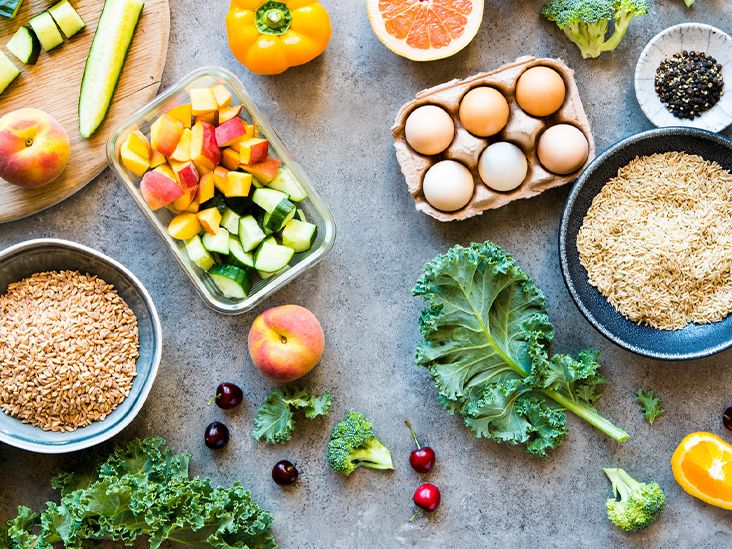
Transitioning to a plant-based lifestyle can be an exciting and fulfilling journey. To start, begin by gradually incorporating more plant-based foods into your meals and reducing your consumption of animal products. Experiment with different recipes and flavors to make the transition enjoyable. Stay committed and remind yourself of the numerous health benefits that come with a plant-based diet. It may also be helpful to connect with others who follow a plant-based lifestyle for support and inspiration. Remember, every step you take towards a plant-based lifestyle is a step towards improved health and a sustainable future.
Additional Resources for Plant-Based Eating

There are numerous resources available to help you on your journey to a plant-based lifestyle. Online platforms such as websites, blogs, and social media pages provide a wealth of information, recipes, and support from the plant-based community. You can also find plant-based cookbooks and recipe books at your local bookstore or library. Additionally, there are several documentaries and films that explore the benefits of a plant-based diet, such as “Forks Over Knives” and “The Game Changers.” These resources can offer inspiration, education, and guidance as you navigate your plant-based journey.
For More Blogs visit Aerns

